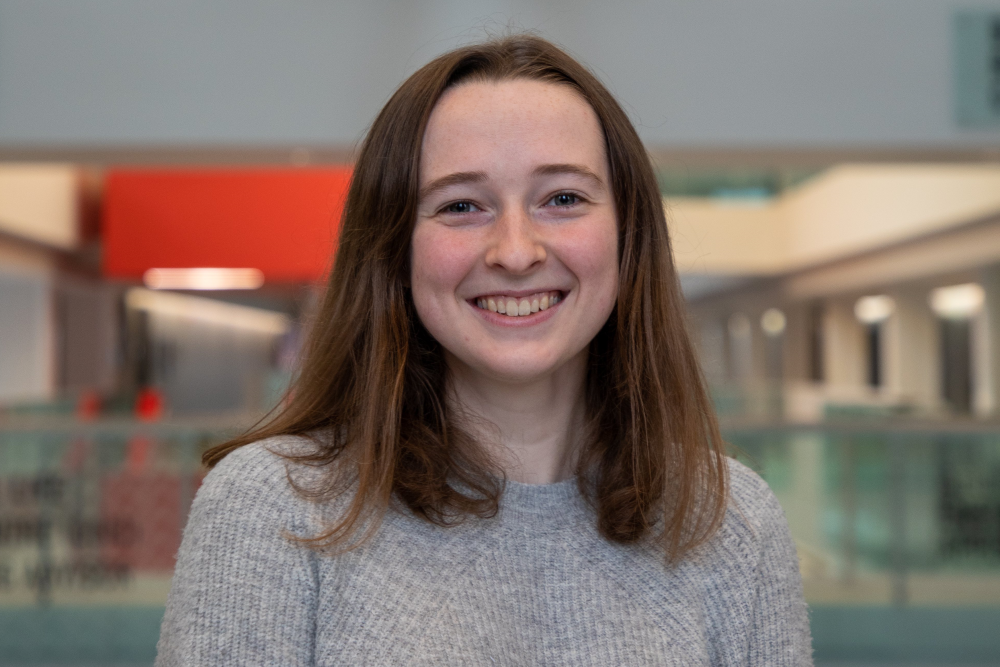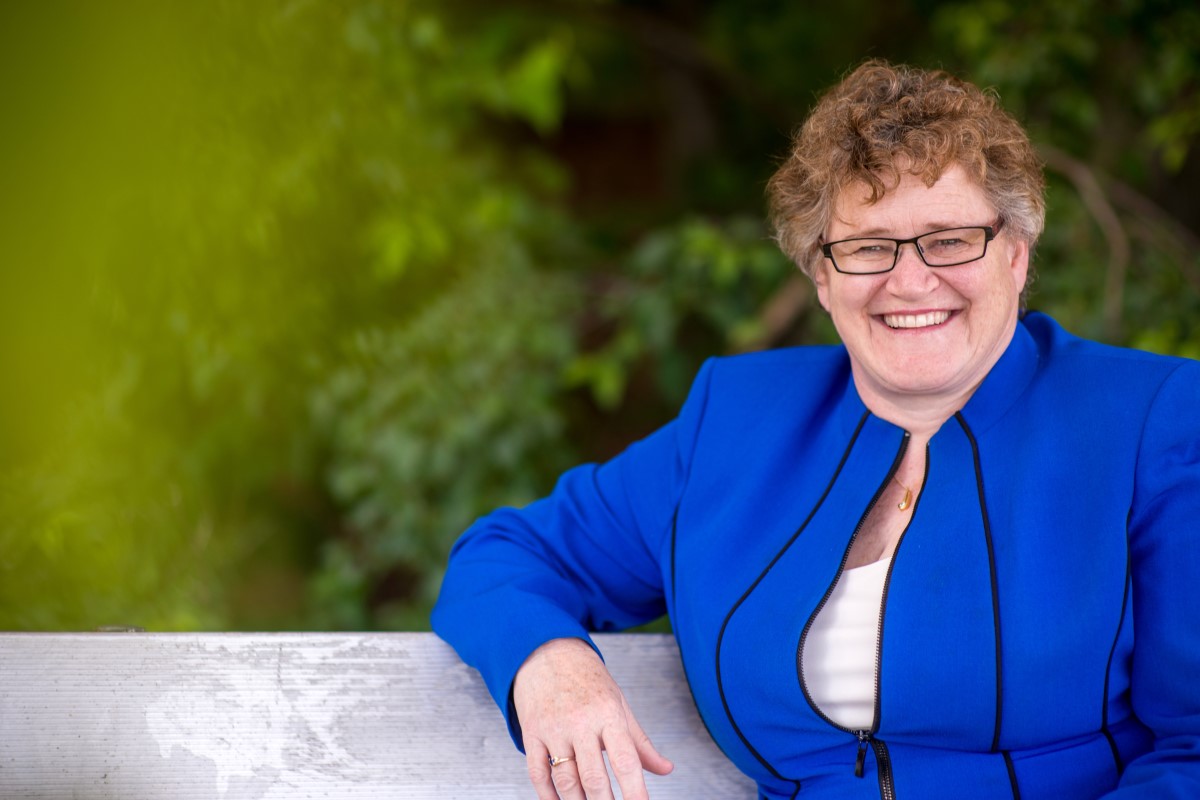
Community-engaged learning opportunities often bring together students, faculty, staff, and community partners to address and respond to community-identified challenges. Wendy Craig’s first focus in her work as Special Advisor to the Principal on Community Engagement has been on these mutually beneficial learning experiences that effect positive change through collaboration among students and community organizations.
“Our hope is that eventually, all undergraduate students at Queen’s will take at least one course with a community engagement component,” says Dr. Craig, a professor in the Department of Psychology. “Prioritizing this type of learning is meaningful for students, as well as for our community partners. I look forward to advancing these partnerships and building a council to foster connections, awareness, and support across the university and to help sustain momentum towards advancing our ‘Queen’s in the Community’ goal as part of the Queen’s Strategy.”
Currently, Dr. Craig is collecting experiences to highlight and data to inform a comprehensive review of the community engagement landscape at Canadian universities and at Queen’s. She has held meetings with faculty and staff, met with community partners, hosted student focus groups, and is working with a team of students to complete a pan-Canadian scan and inventory of Queen’s courses with a community learning component.
Dr. Craig’s work has uncovered that there are many community-engagement learning experiences at Queen’s faculties and schools that take on different forms. For example, some courses are small-scale, happen only once, or are not embedded in formal curriculum, while others are long-standing offerings that are interdisciplinary and driven by a team of faculty members.
Projects and teamwork
The Faculty of Engineering and Applied Science has included community engagement in undergraduate curriculum for all first-year students for many years. In APSC 101/102/103, students work with their peers to develop professional skills through various projects and teamwork. Specifically, in ‘mod three’ (APSC 103), teams of five to six first-year students are partnered with clients to complete a 12-week team-based design project solution. Students work directly with clients to define the problem, gather and identify pertinent information, generate and select ideas, and then focus on the process to arrive at a potential answer.
The students work with Queen’s clubs, teams, and groups such as Union Gallery, Queen’s Archives, Physical Plant Services, Science Formal, and the Queen's Bridge Building Team, as well as non-profits and organizations locally and beyond. Kingston community partners have included: Loving Spoonful, the Hwy 15 Indigenous Food Sovereignty Garden, Murney Tower Museum, Boys and Girls Club, and Juniper Café. The Canadian Space Agency and the Toronto Police Department have also participated.
“We continue this course not only because we think it’s important for the university to support our community and internal groups but also for the tremendous learning experience for the students,” says Brian Frank, Professor of Electrical and Computer Engineering and course lead. “Right away in their first year, they begin developing professional acumen and relationship-building skills within realistic constraints on resources like knowledge and time.”
Continued learning experiences
After taking the course, some students get involved again during their upper years. Zoe Prystawski (Sc’23) has held numerous roles. She has worked with the faculty as the project development intern, been a client, and will be a project manager in winter 2024, for the second time.
“APSC 103 provides great opportunities for students to interact with clients both at Queen’s and in the broader community,” says Prystawski, who, during her internship, connected with clients to invite them to participate in the course and then worked with them to develop project proposals into something feasible for the students to tackle. “While doing the projects, students gain valuable experience presenting, responding to feedback from clients on the spot, and then exploring possibilities and iterating on their design solutions.”
Each year, one team receives the Mason Cup, established in recognition of past Associate Dean James L. Mason, who was instrumental in creating the beloved course. Teams are nominated by project managers or clients and chosen by a selection committee. The most recent team to receive the cup designed a mobile all-season greenhouse for the Tea Room that encompasses the organization’s pillars of environmental responsibility, community education, and fiscal sustainability into the design.
“There are so many valuable takeaways and positive impacts for both students and clients,” says Xhesika Isufi (Sc’24), who was a project manager last year and is currently fulfilling the role again. “As a student, I learned how to communicate effectively, stay organized, and write reports with concision and relevancy. As a project manager, I help teams set expectations and collaborate to design something potentially of use for the client and even if the solution isn’t implemented, the clients receive a report that includes thoughtful research and process information so they can also learn from that and expand on if they wish.”
More stories highlighting community engaged learning at Queen’s will be profiled in the coming months on the Office of the Principal and Vice-Chancellor’s website.

Wendy Craig was appointed earlier this year as Special Advisor to the Principal on Community Engagement. Her focus is on collaborative learning among students and community organizations.
This article was originally published in the Queen's Gazette.